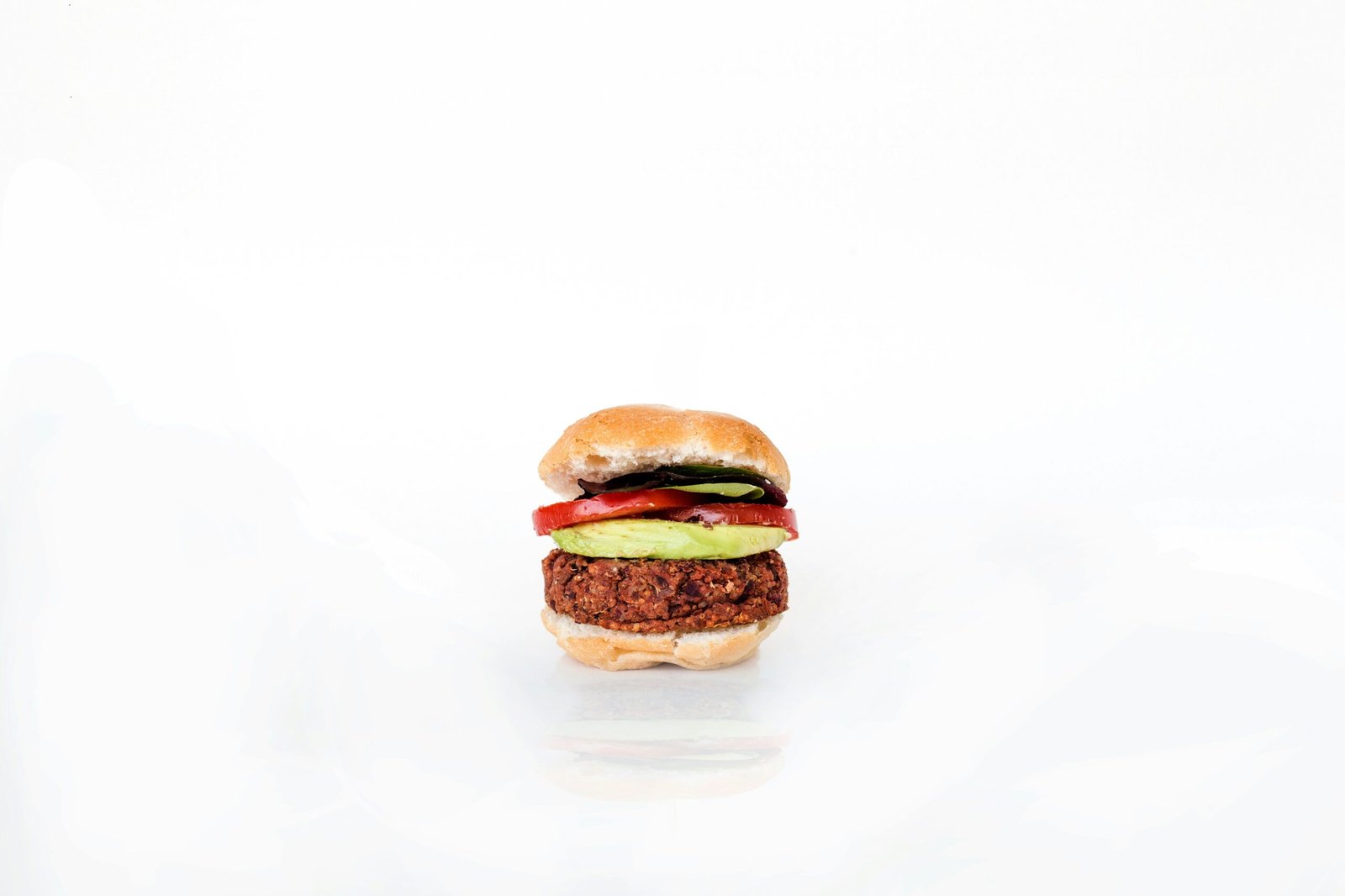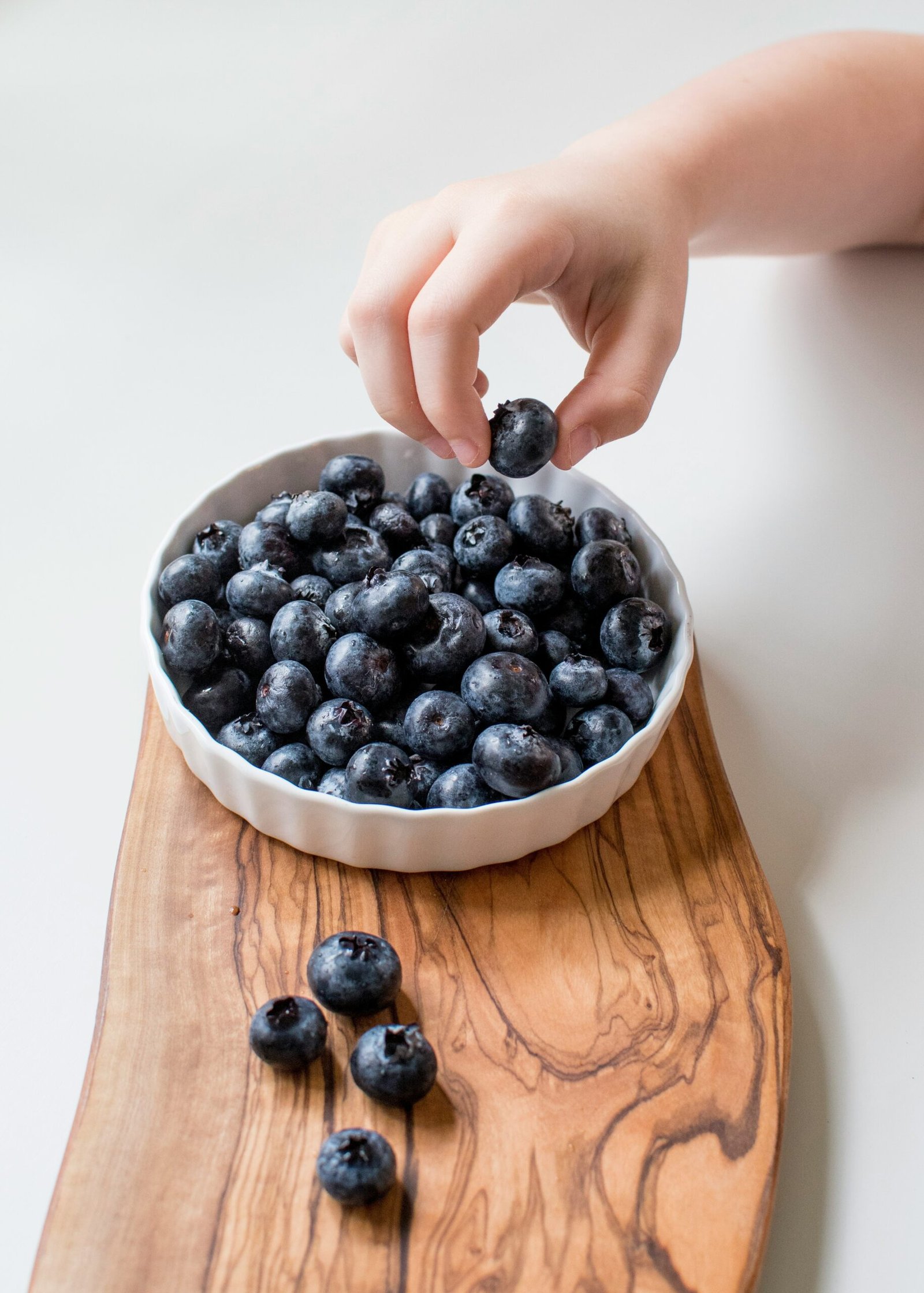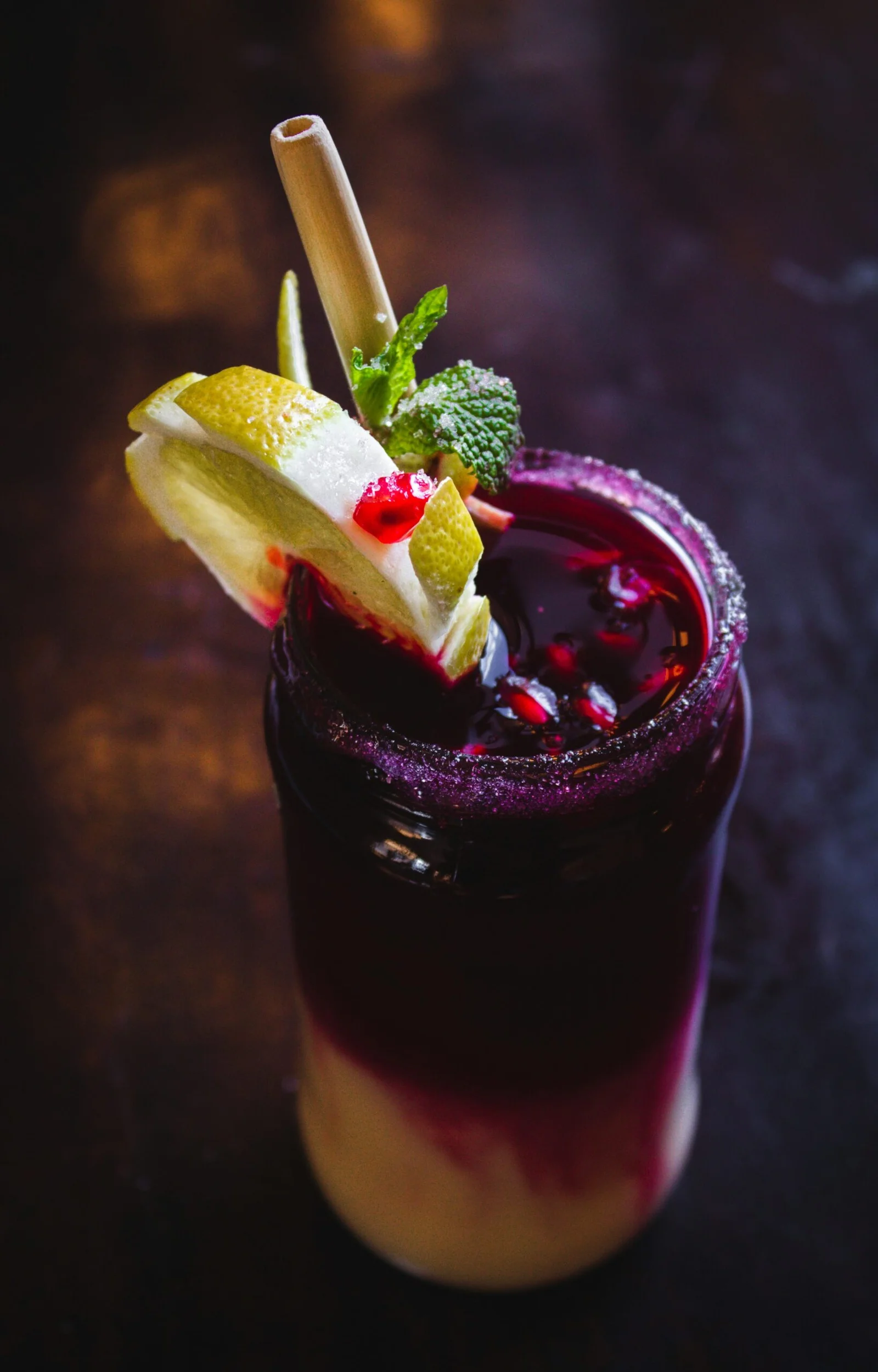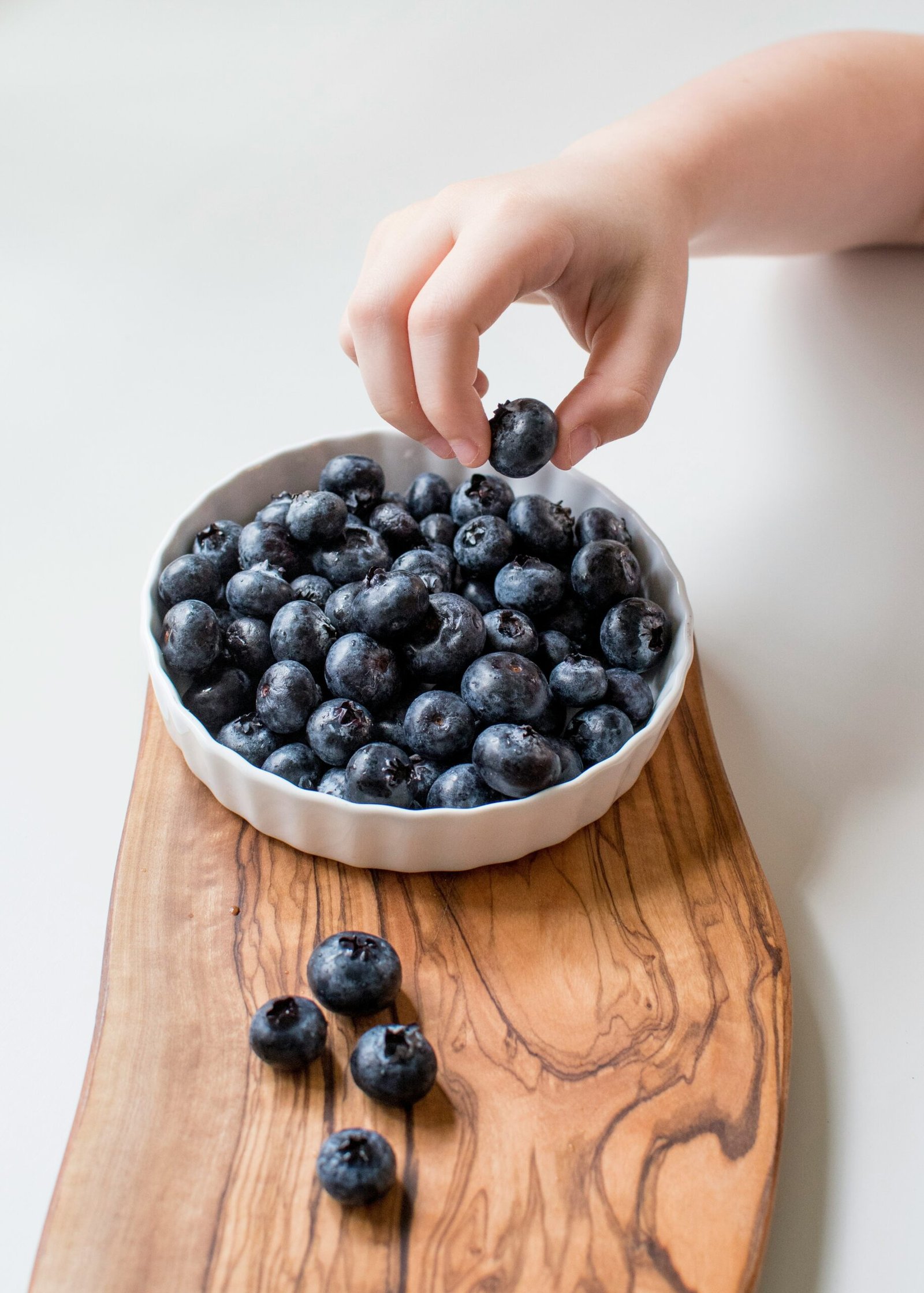Healthy Snacks: Delicious and Nutritious Options
Introduction to Healthy Snacking
Healthy snacking plays a crucial role in maintaining overall well-being by offering an opportunity to incorporate balanced nutrients into one’s diet between meals. Snacks can serve as convenient sources of energy, nutrients, and satiety, positively influencing our dietary habits. Consuming wisely chosen snacks helps to regulate hunger levels and manage portion control, ultimately contributing to healthier eating patterns.
Many individuals experience fluctuations in energy throughout the day, often resulting in cravings that can disrupt focus and productivity. Healthy snacks provide a quick and nutritious option to fuel the body, particularly during mid-morning slumps or afternoon fatigue. By opting for snacks rich in vitamins, minerals, healthy fats, and proteins, one can sustain energy levels and avoid the pitfalls of unhealthy, processed options that often lead to crashes and increased hunger later on.
The necessity of making conscious food choices cannot be overstated. In a fast-paced world, it is all too easy to reach for sugary or overly salty snacks that provide a quick fix but ultimately harm long-term health. By selecting healthier alternatives, individuals can nourish their bodies while still enjoying the pleasure of eating. These mindful choices contribute to improved mood, increased productivity, and lasting satisfaction.
Incorporating healthy snacks into one’s daily routine also encourages balance in overall food intake. It is essential to view snacking not merely as a supplementary action but as an integral part of a nutritious diet. Throughout this blog post, we will delve into a variety of delicious and nutritious snack options that align with health objectives while satisfying diverse tastes and preferences. By embracing healthy snacking habits, one can enhance daily well-being and optimize nutritional intake.
The Benefits of Healthy Snacks
Incorporating healthy snacks into one’s diet can serve multiple purposes, leading to numerous benefits that enhance overall well-being. One of the most significant advantages is the improvement in metabolism. Research indicates that eating small, nutritious snacks throughout the day can help maintain energy levels and stabilize blood sugar. This stability prevents the drastic energy crashes that often accompany poor eating habits, making it essential for individuals aiming for weight management.
Weight management can be further supported by choosing healthy snacks over more calorically dense options. Consuming foods rich in fiber and protein, such as nuts, yogurt, or fruits, can aid in prolonging feelings of fullness. This helps individuals avoid overeating during mealtimes and curbing unhealthy cravings, aligning with many dietary strategies emphasized by nutritionists.
Moreover, healthy snacks have been shown to enhance mood and cognitive function. Studies have highlighted that certain nutrients and vitamins found in snacks like dark chocolate, berries, and seeds contribute positively to brain health. These snacks are not just low in calories but also rich in antioxidants, which are vital for improving concentration and overall mental clarity. In various work and academic settings, healthier snacking options have been correlated with improved performance and reduced stress levels, showcasing their importance in daily routines.
Furthermore, healthy snacks contribute to better nutrient intake. Many individuals struggle to consume adequate amounts of essential vitamins and minerals through meals alone. Healthy snacks, especially those incorporating whole foods like vegetables, fruits, and whole grains, provide an additional opportunity to enrich the diet with necessary nutrients. This incorporation underscores the importance of making mindful choices when selecting snacks to ensure they complement a balanced diet.
Nut-Free Snack Ideas
For individuals with nut allergies or sensitivities, finding satisfying snacks can be a challenge. However, there are numerous delicious and nutritious options available that cater to these dietary restrictions, ensuring that everyone can enjoy healthy snacking. One appealing option is a fruit and yogurt parfait. This snack can be easily prepared by layering your choice of fresh fruits, such as strawberries, blueberries, or bananas, with a generous serving of low-fat yogurt and a sprinkle of granola. Not only does it provide essential nutrients, but it also offers a delightful combination of flavors and textures.
Another great alternative includes veggie sticks served with hummus. Crisp vegetables like carrots, cucumbers, and bell peppers can be chopped into sticks, making them perfect for dipping. Hummus, made from chickpeas and tahini, adds a creamy consistency and rich flavor, while providing a good source of protein and fiber. This snack is not only healthy but also visually appealing, making it an excellent choice for both children and adults.
For those who prefer grain-based snacks, popcorn can be a nutritious option when prepared without added butter and excessive salt. Air-popped popcorn is a whole grain, low-calorie snack that can be seasoned with various spices or nutritional yeast for an extra crunch. Additionally, using whole grain crackers paired with cheese or guacamole ensures a satisfying snack that balances carbohydrates with healthy fats.
Incorporating nut-free snack ideas into your daily routine is feasible and enjoyable. By exploring a variety of fruits, vegetables, and grains, you can create a selection of wholesome snacks that cater to different tastes while prioritizing health and nutrition. This approach not only accommodates dietary restrictions but also encourages creativity and variety in snacking habits.
Protein-Packed Snacks
Incorporating protein-rich snacks into your diet is an effective way to sustain energy levels and promote recovery, particularly for active individuals. Protein not only fuels your body but also helps in muscle repair and growth, making it essential for those engaging in physical activities. One popular option is Greek yogurt, which boasts a high protein content. Not only is it creamy and delicious, but it can also be paired with fruits or nuts for added flavor and nutrients. This combination not only satisfies hunger but also provides essential vitamins and minerals.
Cottage cheese is another excellent choice for a protein-packed snack. With its remarkable versatility, cottage cheese can be enjoyed with a variety of toppings such as sliced fruits, honey, or even savory seasonings like black pepper or herbs. This dairy product contributes to a balanced intake of protein and helps in feeling fuller for longer periods, thus preventing unnecessary snacking on less nutritious options. Moreover, the casein protein found in cottage cheese is absorbed slowly by the body, making it an ideal pre-bedtime snack.
For those who prefer savory options, jerky is a convenient and portable choice. Available in various flavors and types, including beef, turkey, or plant-based varieties, jerky offers a concentrated source of protein. It is an ideal pick for on-the-go snacking or as part of a balanced meal. When selecting jerky, it is advisable to choose products that are low in sodium and free from artificial preservatives to maintain a healthy diet.
Incorporating these protein-packed snacks into your daily routine not only supports your energy needs but also helps maintain muscle health, making them a valuable addition to the diet of anyone aiming for a balanced lifestyle.
Smoothie and Juice Snacks
Smoothies and juices have gained popularity as healthy snack options due to their versatility and nutritional benefits. They can be easily prepared at home, offering an opportunity to incorporate a variety of fruits, vegetables, and superfoods into one’s diet. A well-prepared smoothie or juice can serve not only as a refreshing treat but also as a nutrient-dense option that fuels the body throughout the day.
When crafting smoothies, it is important to blend ingredients that complement each other both in taste and health benefits. A common suggestion is to use a base of leafy greens, such as spinach or kale, which are low in calories yet rich in vitamins and minerals. Combining these greens with fruits like bananas or berries can create a deliciously sweet profile while maintaining a high level of nutrition. To further enhance the smoothie, consider adding a source of healthy fat, such as avocado or nut butter, which can promote satiety and provide essential fatty acids.
Juices, on the other hand, offer a different experience. Cold-pressed juices allow for the extraction of vitamins directly from the produce, delivering a concentrated boost of nutrients. Combining vegetables like carrots or cucumbers with fruits such as apples or citrus can result in a refreshing drink that is hydrating and revitalizing. Furthermore, adding superfoods like chia seeds or spirulina can elevate the nutritional content significantly, making juices not just tasty but incredibly healthy as well.
Incorporating smoothies and juices into your snacking routine can be a delightful way to ensure a varied intake of essential nutrients. Keeping a balance of macronutrients and utilizing a range of colorful produce will maximize health benefits. By creating your own blended drinks, you gain full control over the ingredients, allowing you to tailor your snacks to suit your personal tastes and dietary requirements.
Whole Grain Snack Options
Whole grain snacks are an excellent choice for those seeking healthy and nutritious options. These snacks incorporate the entire grain kernel, including the bran, germ, and endosperm, which provides numerous health benefits. One popular whole grain snack is popcorn. As a whole grain, popcorn is high in fiber, which aids digestion and contributes to a feeling of fullness. It’s a versatile snack that can be easily customized with various seasonings, making it both delicious and satisfying.
Another great whole grain option is whole grain crackers. These crackers are not only rich in dietary fiber but also provide essential vitamins and minerals. Whole grain crackers often use ingredients like whole wheat, oat, or brown rice, which help support heart health by reducing cholesterol levels and stabilizing blood sugar. They can be paired with healthy toppings such as hummus, avocado, or low-fat cheese for added flavor and nutrition.
Oatmeal bars represent a convenient snack made with whole grains, appealing to those with a busy lifestyle. Typically made from rolled oats, these bars are a good source of fiber and protein, making them an energy-boosting snack. Oats contain beta-glucans, a type of soluble fiber that has been shown to improve heart health by lowering cholesterol levels and enhancing immune function. They can be homemade or store-bought, and many varieties include additional ingredients such as fruits, nuts, or seeds, which further enhance their nutritional profile.
Incorporating other whole grain snacks into your diet is an effective way to promote overall health. The benefits of whole grains are substantial, and these snack options not only satisfy hunger but also contribute to a balanced diet. Experimenting with different whole grain snacks can add variety and enjoyment to healthy eating habits.
Satisfying Sweet Treats
If one believes that satisfying a sweet tooth must come at the expense of health, they may discover a variety of delectable options that challenge this notion. Healthy snacks can indeed be both delicious and nutritious, offering natural sweetness without the drawbacks of refined sugars. One enticing option is dark chocolate-covered fruits. The rich, slightly bitter taste of dark chocolate pairs seamlessly with the natural sweetness found in fruits like strawberries, bananas, and apricots. Dark chocolate, particularly those with high cocoa content, provides antioxidants and can even support heart health, making this a guilt-free indulgence.
Another delightful sweet treat worth exploring is energy balls, which are typically crafted from wholesome ingredients such as dates, oats, and nuts. These bite-sized snacks can be customized with various mix-ins, including coconut flakes, chia seeds, or dark chocolate chips. The combination of fiber from oats and the natural sugars from dates helps provide sustained energy, making them an ideal option for a midday pick-me-up or a post-workout recovery snack. Moreover, their easy preparation allows for creativity in flavor combinations, contributing to the enjoyment.
Lastly, chia seed pudding offers a unique, creamy texture that appeals to many. When soaked in milk or a milk alternative, chia seeds expand and create a satisfying base for a variety of desserts. By incorporating natural sweeteners such as honey, maple syrup, or even fruit purees, individuals can customize their chia pudding according to their preferences. It is not only a sweet delight but also rich in omega-3 fatty acids and fiber, further enhancing its status as a nutritious snack.
These alternative sweet treats demonstrate that health-conscious choices can be just as satisfying and flavorful as traditional sugary snacks, merging guilt-free pleasure with beneficial ingredients.
Savory Snack Combinations
When it comes to snacking, savory options can provide a delightful balance of flavors while also delivering essential nutrients. A well-crafted cheese and vegetable platter is an excellent choice, as it combines various textures and tastes. Select a range of cheeses, from sharp cheddar to creamy brie, and pair them with an assortment of colorful vegetables such as bell peppers, cherry tomatoes, and cucumber slices. This combination not only satisfies the palate but also ensures a substantial intake of vitamins and minerals from the fresh veggies.
Another delicious option is to create flavorful bean dips, such as a classic hummus made from chickpeas, tahini, garlic, and olive oil. This nutritious dip offers plant-based protein, fiber, and healthy fats, supporting overall well-being. Pair the bean dip with whole grain crackers or sliced vegetables for added crunch and nutrients. Variations, such as black bean dip, can introduce different taste profiles while still being rich in fiber and antioxidants.
Avocado is another superfood that can be effortlessly integrated into savory snacks. Spreading ripe avocado on whole grain bread creates a delectable open-faced sandwich that is as enjoyable as it is nutritious. Enhance the flavor further by adding toppings such as sliced tomatoes, a sprinkle of sea salt, or red pepper flakes for a hint of spice. This simple snack delivers healthy fats, vitamins, and minerals that contribute to a balanced diet.
Ultimately, incorporating a variety of food groups into savory snacks allows individuals to relish unique flavors while gaining nutritional benefits. By exploring combinations like these, snacking can transform from a guilt-ridden habit into a nourishing and satisfying experience, supporting both flavor and health.
Tips for Healthy Snacking on the Go
Maintaining healthy snacking habits while on the go can be a challenge, but with some preparation and mindful choices, it is entirely achievable. First and foremost, planning ahead is essential. Preparing snacks in advance allows you to have nutritious options readily available, thus avoiding the temptation of unhealthy convenience foods. Consider setting aside some time during the week to create snack packs featuring a mix of fruits, nuts, and whole grains. Containers or resealable bags can help portion these snacks, making them easy to grab as you head out.
In addition to preparation, selecting portable snack options is vital. Items like energy bars, trail mix, and fresh fruit are not only nutritious but also convenient to carry. When choosing packaged snacks, it’s important to read labels carefully. Focus on products that are low in added sugars, salt, and unhealthy fats. Opt for those that highlight whole ingredients, such as nuts, seeds, and dried fruits. This practice can help you identify healthier snacks that will keep you full and satisfied during your busy schedule.
It’s also worthwhile to keep a small cooler bag in your vehicle, which can help maintain freshness for items like yogurt or cut vegetables. Additionally, consider investing in a reusable water bottle to stay hydrated, as thirst can often be mistaken for hunger. Lastly, practicing mindfulness while snacking can ensure that you remain aware of your choices and portion sizes. Always make an effort to chew slowly and enjoy your snacks, as this can enhance satisfaction and prevent overeating. With these tips in mind, snacking on the go can become a healthier and more enjoyable experience.







